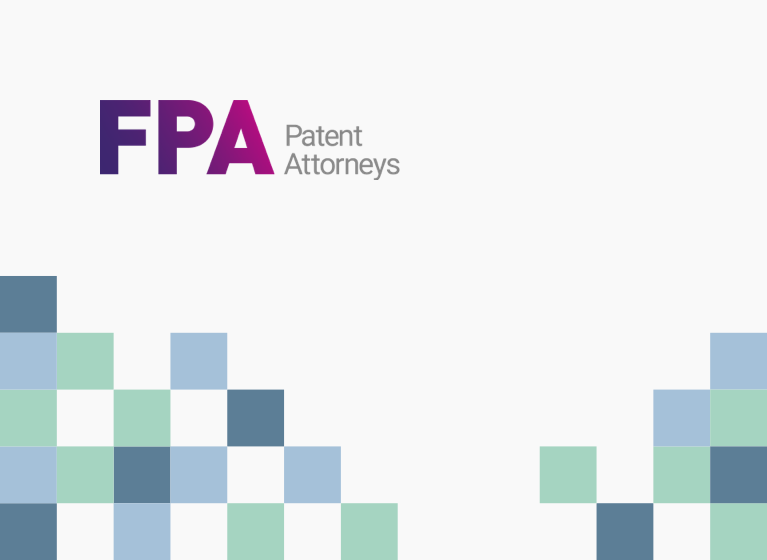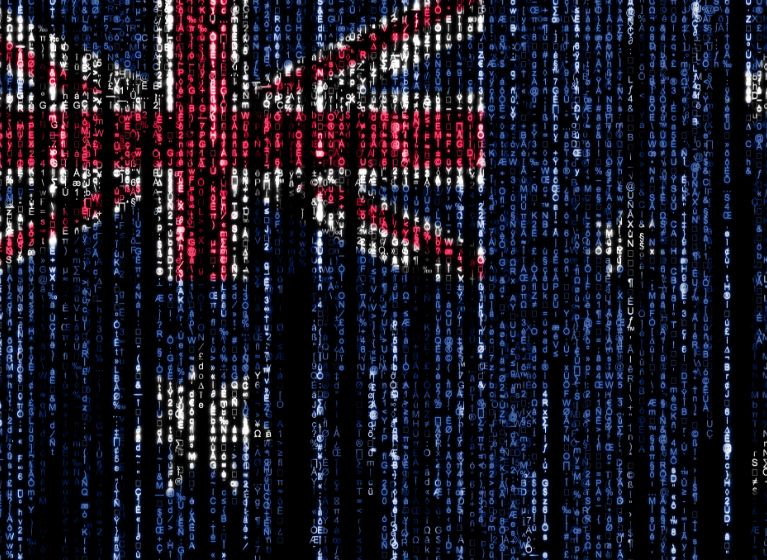FPA Patent AttorneysNews & Insights
Distinguished, insightful and focused
Read the latest articles by our patent attorneys on recent developments in patent law and practice.

 Insights — 22 September 2025
Insights — 22 September 2025
Green shoots: Patent protection of climate friendly early-stage innovations in agriculture
 Insights — 22 September 2025
Insights — 22 September 2025
Australia’s bold climate commitment: How the 62-70% target could spur green innovation and patents
 Insights — 19 September 2025
Insights — 19 September 2025
A “useful result” for the patentability of computer-implemented inventions in Australia
Firm announcements
Read the latest news from FPA: promotions, hires, awards and recognitions.
 Firm Announcements — 8 July 2025
Firm Announcements — 8 July 2025
FPA Patent Attorneys recognises excellence with four attorney promotions
 Firm Announcements — 12 June 2025
Firm Announcements — 12 June 2025
